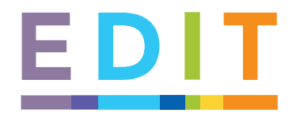
This toolkit has been developed as part of the Embedding Equality Diversity & Inclusion in the Curriculum of the new Technological University Sector (EDIT) Project and is designed as a practical guide to support the Technological University (TU) sector to implement the EDIT Charter Principles.
It is intended as a practical guide for use by departments and their academic and professional staff at all levels to support them to embed equality, diversity, and inclusion in the curriculum and related areas of practice. It aims to make higher education in the sector an inclusive and positive experience that welcomes diverse students and supports them to succeed.
The Embedding Equality, Diversity, and Inclusion in the Curriculum of the new Technological University Sector (EDIT) Project has been developed in recognition that the reconfiguration of the Irish HE system provides a unique opportunity to embed the principles of equality, diversity and inclusion into the academic strategies, policies, procedures, and curricula of the Technological University (TU) sector. The EDIT project is funded by the Higher Education Authority and the project partners are:
• South East Technological University (SETU)
• Munster Technological University (MTU)
• Technological University of the Shannon (TUS)
• Atlantic Technological University (ATU)
• Advance HE
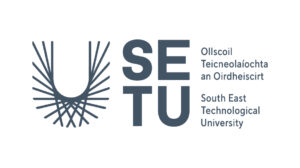
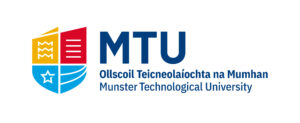
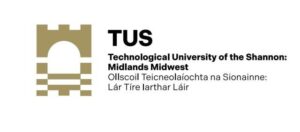



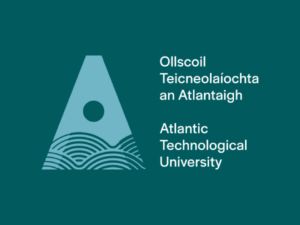
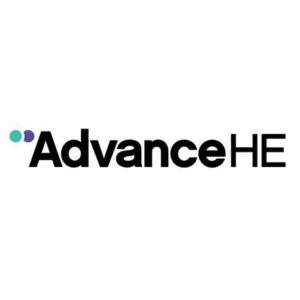



The EDIT project consulted staff within Technological Universities on the definition of curriculum and adopted the following definition of inclusive curriculum:
Curriculum which is meaningful, relevant and accessible to all students, in which the content and teaching materials, teaching methods and practice, theories and modes of assessment are intentionally designed and delivered in order to relate to, respect, and affirm diverse cultures, histories, identities and life circumstances among our staff and student body as well as the wider world.
The term ‘curriculum’ can be interpreted very broadly, to encompass all aspects of a student’s learning experience, intentional and unintentional, formal and informal, or in a narrower sense to refer to the content as it is designed to be taught. In the context of these principles, ‘curriculum’ is used primarily to refer to the core content of the curriculum. However, the curriculum can never be delivered in isolation, but must always be accompanied by pedagogical approaches, student engagement and assessment. This guide therefore encompasses enabling factors such as pedagogy, tuition, assessment and feedback, in the context of programme and module design.
The toolkit distinguishes between ‘Initial’ and ‘enhanced’ considerations for inclusive practice:
‘Initial’ ideas are generally implementable at an individual or classroom level and are designed for practitioners to work towards in the short- to medium-term (i.e., 12-24 months.).
‘Enhanced’ considerations inclusive practice ideas are more holistic and strategic, they may involve collaboration with students, or department, school, or institution-wide buy-in, and are longer-term goals.
This two-stage approach aims to enable technological university departments and practitioners to identify goals and to effectively measure their practice against these.
The EDIT toolkit, in particular, supports the achievement of objective 1 – Learning, Teaching & Assessment, under the ALTITUDE Charter.